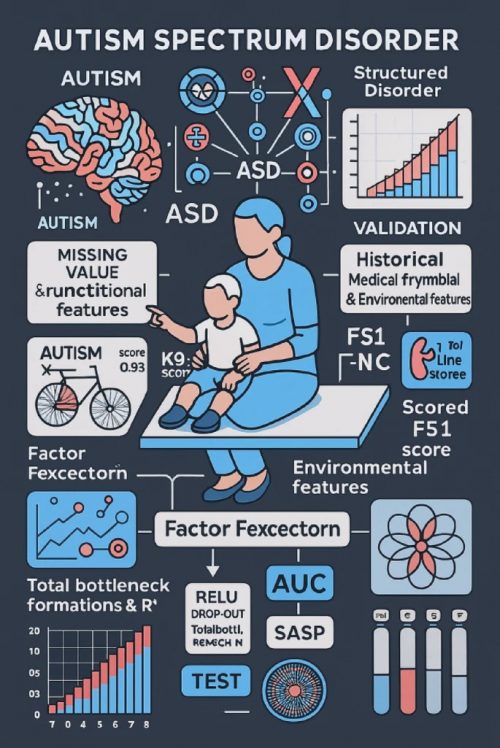The town I live in has a spreading plague of dollar stores — we’ve got two (in a town of 5000 people!) and a third one is under construction. I’m not keen on them — they seem to be sloppily managed and underpay their workers — so they’re a sign of a crumbling economy and are just jumbles of cheap plastic junk. But OK, they do serve a growing population of the poor, so I’m not going to lobby to have them shut down.
Except, maybe, they’re lying about providing lower cost goods.
The dollar-store industry, including Family Dollar and its larger rival, Dollar General, promises everyday low prices for household essentials. But an investigation by the Guardian found that the prices listed on the shelves at these two chains often don’t materialize at checkout – in North Carolina and around the country. As the cost of living soars across America, the customers bearing the burden are those who can least afford it – customers who often don’t even notice they’re overpaying.
These overcharges are widespread.
Dollar General stores have failed more than 4,300 government price-accuracy inspections in 23 states since January 2022, a Guardian review found. Family Dollar stores have failed more than 2,100 price inspections in 20 states over the same time span, the review found.
That we have 3 of these bottom-of-the-barrel stores in progress here in Morris, Minnesota suggests that they are extremely profitable, and one way they become profitable is by gouging the customers who can least afford it.











